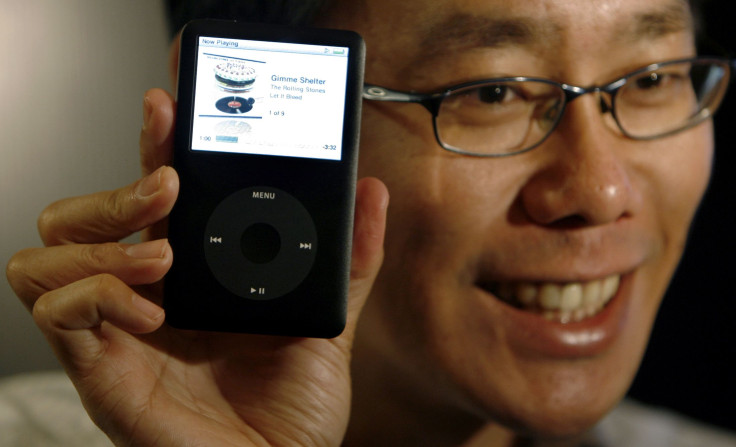Gone In 2014: iPod Classic, Windows XP, Nokia Phones And Other Vintage Tech Legends

In 2014, smartphones thinned down, screens fattened up and software moved to the cloud (again). But, amid those advancements, some technology-industry classics went out with a blaze, while others were unceremoniously put out to pasture before they ever really got off the ground. Here’s a closer look at what the tech world lost in the past 12 months.
Aereo
The technology company launched in 2012 on a promise to give subscribers live views and recorded streams of television shows broadcast over the airwaves on just about any device connected to the Internet. It accomplished this by leasing to each user a remote antenna, which picked up over-the-air content to feed into Aereo Inc.’s stream. But the service was too good to be true, because it was illegal.
In June, the U.S. Supreme Court ruled against the company in a case brought by broadcast networks. The court found Aereo infringed on the networks’ copyrights by not obtaining permission to transmit their content to its users. Aereo suspended services in June and filed for protection under Chapter 11 of the U.S. Bankruptcy Code in November.
Microsoft Browser Choice Screen
In the wake of an antitrust case in 2009, the Microsoft Corp. came to an agreement with European regulators to provide new customers on the Continent with a choice of third-party Web browsers in addition to Internet Explorer whenever they booted up Windows 7, as reported by the New York Times at the time. Options were displayed on a so-called “browser choice screen” and on the Web at browserchoice.eu.
With the agreement expiring this month, Microsoft chose to discontinue support for the site, leaving this notice in its place:
“This website was created by Microsoft in accordance with a decision issued by the European Commission in December 2009. The obligations imposed by the decision have now expired and Microsoft will no longer maintain this website. Microsoft encourages customers who want more information about web browsers or want to download another browser to do so by visiting the websites of web browser vendors directly.”
Nokia Mobile
After the completion of a deal to acquire the Nokia Corp.’s mobile-phone division in April, Microsoft began rebranding Lumia devices under the umbrella of Microsoft Mobile -- and laying off many of the division’s employees, effectively killing the Nokia mobile name this year. But not all is lost for the Finnish smartphone brand. Although Nokia has agreed to not manufacture mobile devices as part of its deal with Microsoft, it may have a chance to re-emerge in 2016, when the contract terms expire, according to Forbes.
PlayStation Portable
The PlayStation Portable was the Sony Corp.’s first foray into a portable console design. Unveiled in 2004, the device distinguished itself from Nintendo’s offerings with its large screen, support for multimedia and ability to connect to the PS2, PS3 and other PSPs via the Internet. Over the years, it also developed a cult following, as developers found ways to modify the handheld to play custom software and games. Although the PSP had a lengthy run of nearly a decade, Sony retired it this year to focus on its successor, the PlayStation Vita, which was released in 2012.
Windows XP
Most consumers have long since moved on to more-modern Microsoft operating systems, such as Windows 7 and 8.1. But many businesses stuck with Windows XP, released more than a decade ago, because of concerns their older applications would not run on the company’s newer operating systems. It was a problem not only for developers, who had to make sure their software remained XP-friendly, but also for Microsoft, due to the fact that keeping Windows XP alive meant providing it with constant security patches.
Microsoft finally pulled support for the OS in April, while encouraging customers to move on to a current version of Windows.
iPod Classic
Featuring a 160-gigabyte hard drive, the iPod Classic could store thousands of songs and hundreds of videos, but that was about it. As streaming services such as Pandora and Spotify began to take off, storage became less important as users turned to their iPhone for just about everything.
Coinciding with the unveiling of the iPhone 6 and 6 Plus in September, Apple quietly killed the iPod Classic, along with another remnant of its generation: the 30-pin connector. The iPod Classic now lives on in the second-hand market, fetching prices in excess of $500 on eBay.
Did any of your favorite gadgets disappear in 2014. Let us know in the comments section below.
© Copyright IBTimes 2025. All rights reserved.




















